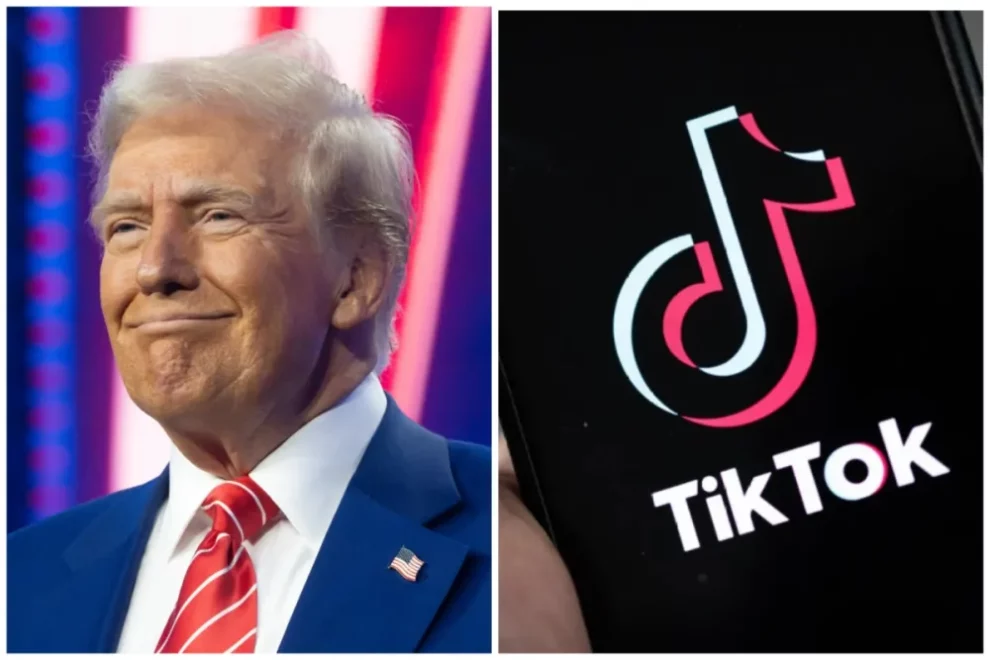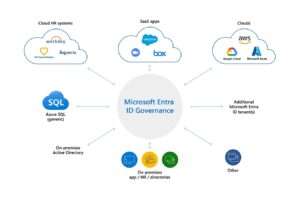TikTok’s dramatic weekend shutdown and swift revival has set the stage for a complex negotiation over the platform’s future, as President-elect Trump pushes for a unprecedented joint venture that would give the United States government a 50% stake in the social media giant’s domestic operations. The proposal marks the latest twist in the ongoing saga of the popular video-sharing app, which temporarily went dark Saturday night before restoring service to its 170 million American users.
While existing users can once again access their accounts, TikTok remains unavailable in Apple and Google app stores following the implementation of a bipartisan law requiring Chinese parent company ByteDance to divest its U.S. operations. The legislation, signed by President Biden in April 2024, aimed to address national security concerns about the platform’s Chinese ownership.
Trump’s joint venture proposal, announced at an inauguration eve rally in Washington D.C., represents a significant departure from traditional approaches to foreign technology companies operating in the United States. “Without U.S. approval, there is no TikTok,” Trump declared, suggesting the arrangement could make the platform worth “hundreds of billions of dollars — maybe trillions.”
The Chinese government’s initial response appears cautiously optimistic. Foreign ministry spokesperson Mao Ning emphasized TikTok’s popularity among American users while expressing hope that the U.S. would provide “an open, fair, just and non-discriminatory business environment” for companies operating within its borders.
The platform’s temporary shutdown strategy appears to have strengthened its negotiating position. After going offline Saturday night, several hours ahead of the ban’s effective date, TikTok restored service Sunday afternoon with a message crediting Trump’s efforts for its return. The move effectively demonstrated both the platform’s massive influence and its willingness to cooperate with U.S. authorities.
The impact of the service interruption rippled across social media, with various organizations from the NBA’s Utah Jazz to the University of Georgia football program celebrating the platform’s return through new posts. However, users who deleted the app during the shutdown remain unable to reinstall it due to its continued absence from major app stores.
Trump has indicated he plans to issue an executive order on his first day in office, granting TikTok a 90-day extension to facilitate negotiations. Speaking to NBC News, Trump characterized the extension as “appropriate,” suggesting his administration needs time to carefully evaluate potential solutions.
The platform’s parent company, ByteDance, has already demonstrated its commitment to maintaining service, coordinating with U.S. providers to restore access and publicly thanking Trump for providing “necessary clarity and assurance” regarding potential penalties. TikTok framed the developments as “a strong stand for the First Amendment and against arbitrary censorship.”
As the situation unfolds, key questions remain about the feasibility of Trump’s proposed joint venture and its implications for international technology regulation. The unprecedented nature of government partial ownership in a social media platform raises complex legal and operational questions that will need to be addressed during the negotiation period.
With Trump’s inauguration approaching and ByteDance facing pressure to divest, the coming weeks will be crucial in determining TikTok’s long-term future in the United States. The resolution of this situation could establish new precedents for how America handles foreign-owned technology companies while potentially reshaping the landscape of global social media operations.
















Add Comment